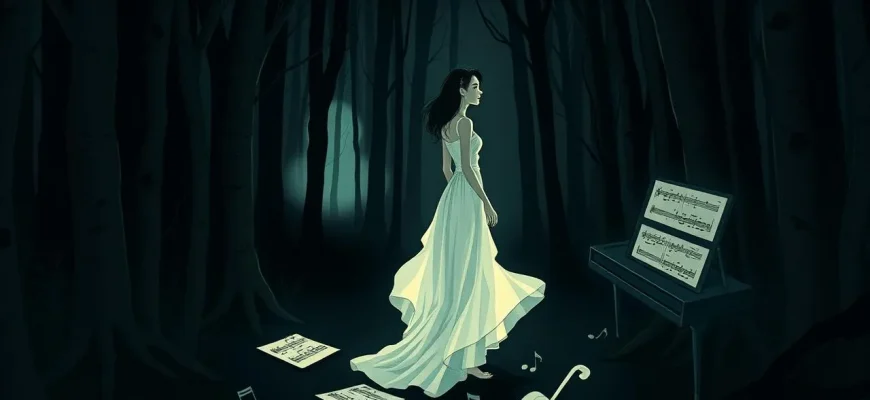This curated collection of horror films explores the eerie intersection of classical music and terror. Each film uses the haunting melodies of classical compositions to heighten suspense, create an atmosphere of dread, or even as a plot device to drive the narrative. For fans of both horror and classical music, this list offers a unique blend of auditory and visual storytelling that will resonate deeply.
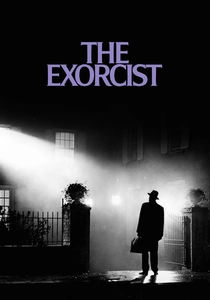
The Exorcist (1973)
Description: Although not centered around classical music, the film's use of "Tubular Bells" by Mike Oldfield has become iconic, and the film includes scenes with classical music to enhance the eerie atmosphere.
Fact: The film was nominated for 10 Academy Awards, winning two.
 Watch Now
Watch Now
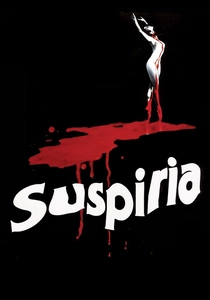
Suspiria (1977)
Description: This giallo horror film uses the music of Goblin, but also includes classical pieces to enhance the surreal and terrifying experience.
Fact: The film was remade in 2018 with a score by Thom Yorke, keeping the classical music tradition alive.
 Watch Now
Watch Now
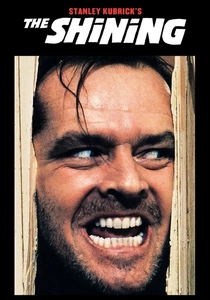
The Shining (1980)
Description: While known for its eerie score by Wendy Carlos and Rachel Elkind, the film also includes classical music to underscore the psychological horror.
Fact: The film's score was one of the first to use electronic music in a horror context.
 Watch Now
Watch Now
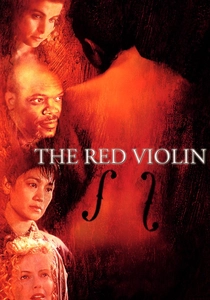
The Red Violin (1998)
Description: While not strictly a horror film, its narrative spans centuries, with the violin's music often playing a sinister role in the lives of its owners, culminating in a chilling finale.
Fact: The film features music composed by John Corigliano, which won an Academy Award for Best Original Score.
 Watch Now
Watch Now
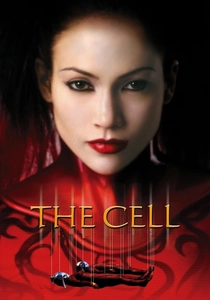
The Cell (2000)
Description: This film features a blend of surreal visuals and classical music, particularly in scenes where the protagonist enters the mind of a serial killer.
Fact: The film's score was composed by Howard Shore, known for his work on "The Lord of the Rings" trilogy.
 Watch Now
Watch Now
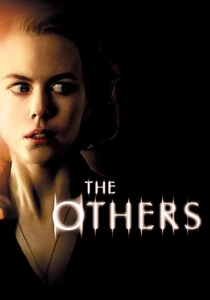
The Others (2001)
Description: The film's use of classical music, particularly Chopin's Nocturnes, adds to the ghostly atmosphere and the slow reveal of its chilling secrets.
Fact: Nicole Kidman received a Golden Globe nomination for her performance.
 Watch Now
Watch Now
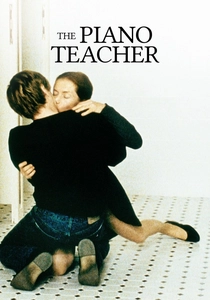
The Piano Teacher (2001)
Description: This psychological drama delves into the dark psyche of a piano teacher, using classical music to underscore her disturbing behavior and desires.
Fact: The film won three awards at the Cannes Film Festival, including Best Actress for Isabelle Huppert.
 Watch Now
Watch Now
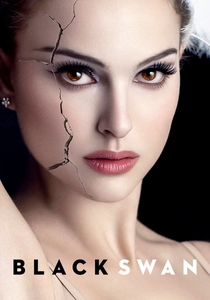
The Black Swan (2010)
Description: This psychological thriller uses Tchaikovsky's "Swan Lake" to mirror the protagonist's descent into madness, creating an atmosphere of intense psychological horror.
Fact: Natalie Portman won an Academy Award for Best Actress for her role.
 Watch Now
Watch Now
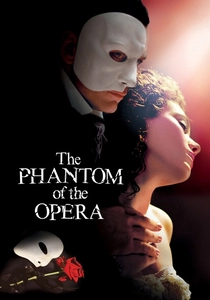
The Phantom of the Opera (2004)
Description: This film adaptation of the famous musical uses the grandeur of classical music to underscore the tragic and terrifying tale of the Phantom, whose love for Christine Daaé turns into obsession.
Fact: The film's score was nominated for an Academy Award for Best Original Song.
 30 Days Free
30 Days Free
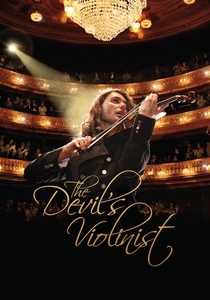
The Devil's Violinist (2013)
Description: Based on the life of the virtuoso violinist Niccolò Paganini, the film explores themes of genius, madness, and the supernatural, with his music often portrayed as otherworldly.
Fact: David Garrett, who plays Paganini, is a renowned violinist in real life.
 30 Days Free
30 Days Free

